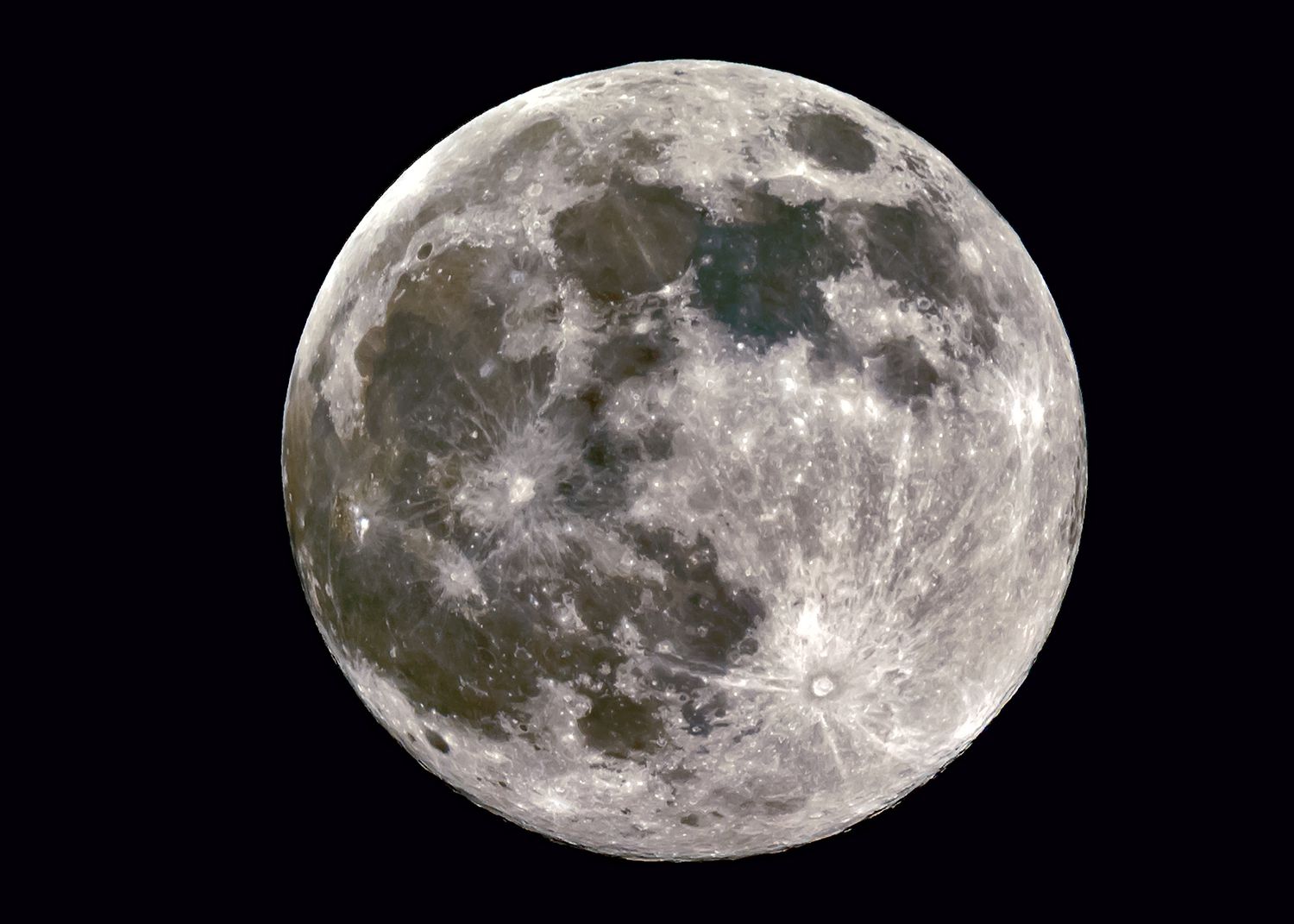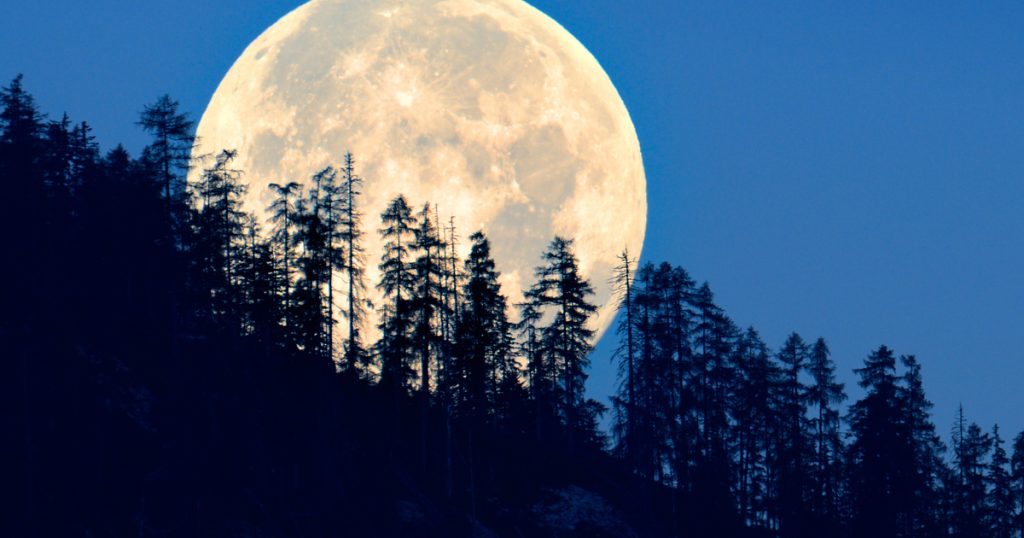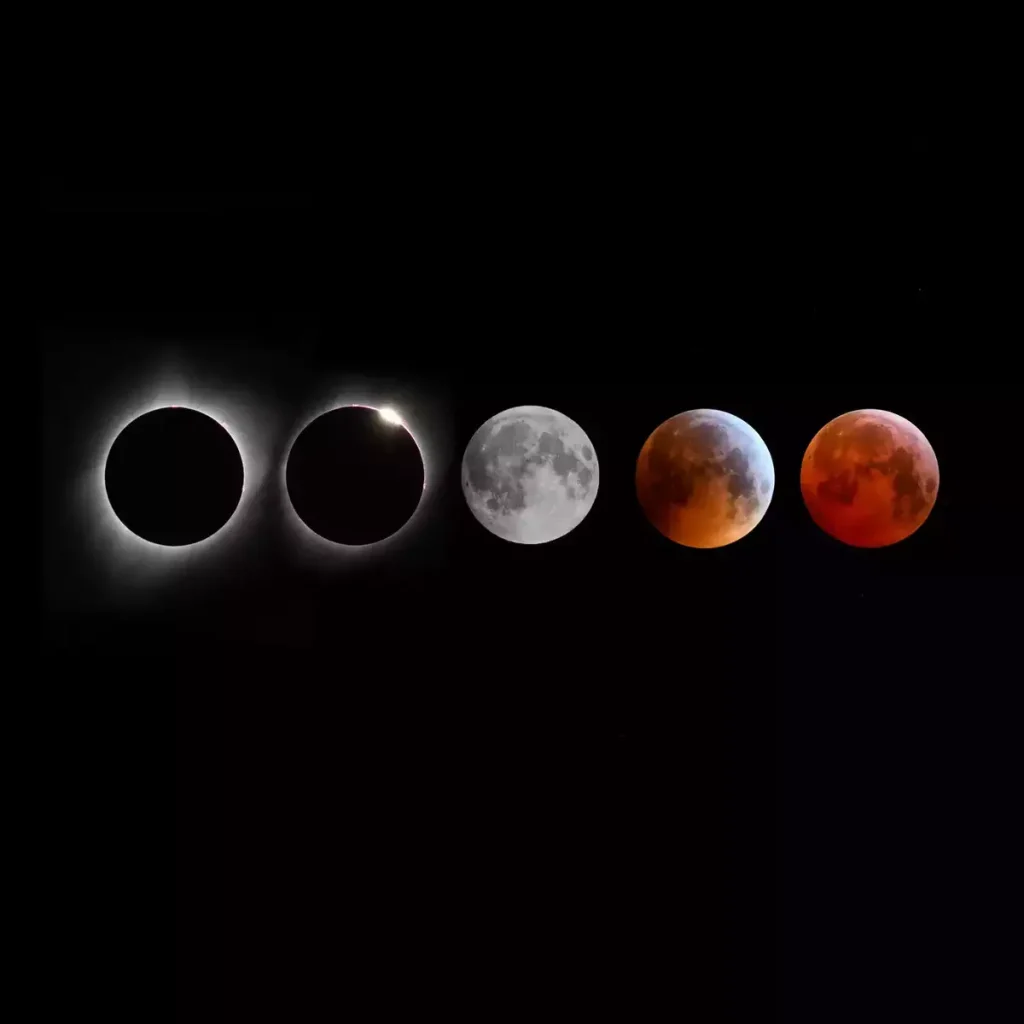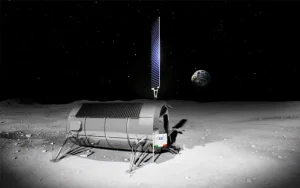Full Moons, Supermoons and Lunar Eclipses of 2024: when?
3rd Jan 2024
In 2024, we will be treated to the sight of a dozen full moons, featuring two supermoons, a blue moon, and two lunar eclipses.
How many full Moons are there in 2024?
There will be fewer full moons in 2024 compared to 2023. The lunar year, encompassing 12 orbits of the Moon around Earth with each orbit taking approximately 29.5 days, totals only 354 days. Typically, there are 13 full moons in a solar year, as we had in 2023. However, with the first full moon of 2024 appearing in late January, this upcoming year will feature only 12 full moons.
The full moons 2024 calendar
Below are the full moon dates and times for 2024, as provided by Timeanddate.com, accompanied by the most widely recognized names in North America:
- Thursday, 25 Jan: Wolf Moon (17:54 UTC/12:54 p.m. ET)
- Saturday, 24 Feb: Snow Moon (12:30 UTC/7:30 a.m. ET)
- Monday, 25 Mar: Worm Moon (07:00 UTC/3:00 a.m. ET) — also a penumbral lunar eclipse
- Tuesday, 23 Apr: Pink Moon (23:48 UTC/7:48 p.m. ET)
- Thursday, 23 May: Flower Moon (13:53 UTC/9:53 a.m. ET)
- Friday, 21 Jun: Strawberry Moon (01:07 UTC/9:07 p.m. ET)
- Sunday, 21 Jul: Buck Moon (10:17 UTC/6:17 a.m. ET)
- Monday, 19 Aug: Sturgeon Moon (18:25 UTC/2:25 p.m. ET) — also a supermoon and a blue moon
- Wednesday, 18 Sep: Harvest Moon (02:34 UTC/10:34 p.m. ET) — also a supermoon and a partial lunar eclipse
- Thursday, 17 Oct: Hunter’s Moon (11:26 UTC/7:26 a.m. ET) — also a supermoon
- Friday, 15 Nov: Beaver Moon (21:28 UTC/4:28 p.m. ET) — also a supermoon
- Sunday, 15 Dec: Cold Moon (09:01 UTC/4:01 a.m. ET)
What are the supermoon and the blue moon?
In addition to the regular sequence of full moons anticipated in 2024, there will be two occurrences of supermoons. A supermoon takes place when the moon’s monthly perigee, its closest point to Earth, aligns with its full phase. This results in a visually larger and brighter appearance.

Image Credit: Timeanddate
Furthermore, there is the prospect of a seasonal blue moon in 2024. A blue moon refers to the third full moon within the span of four that falls between an equinox and a solstice. The term “blue moon” does not actually refer to the moon’s color. The name “blue moon” originated from a misinterpretation of the older term “belewe moon,” where “belewe” means betrayer. In medieval times, this term was used to denote an extra moon that occasionally appeared, upsetting the usual lunar or seasonal cycle. Over time, the phrase “belewe moon” evolved into “blue moon,” and its modern definition as the second full moon within a calendar month became popularized. Blue moons are relatively rare, happening about once every 2 to 3 years.
Lunar eclipses in 2024
In 2024, there will be two lunar eclipses.

Image Credit: The Economic Times
The first one, occurring on March 24/25, will be a penumbral lunar eclipse. During this celestial event, the full Worm Moon will traverse through Earth’s outer penumbral shadow from 12:51 to 5:35 a.m. EDT, as reported by Almanac.com.
The second lunar eclipse of 2024 is scheduled for September 17/18. This event will be a partial lunar eclipse. During this phenomenon, 8% of the Harvest Moon — also designated as a supermoon — will traverse Earth’s inner umbral shadow, casting a subtle rosy reddish hue. The eclipse is expected to take place from 10:12 to 11:17 p.m. EDT on September 17.






Thank you for your comment! It will be visible on the site after moderation.